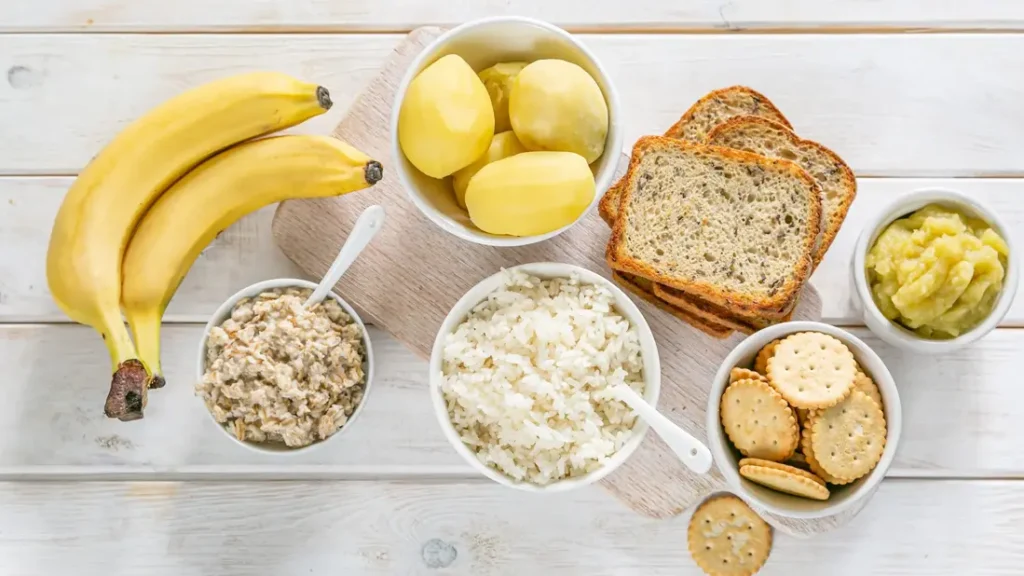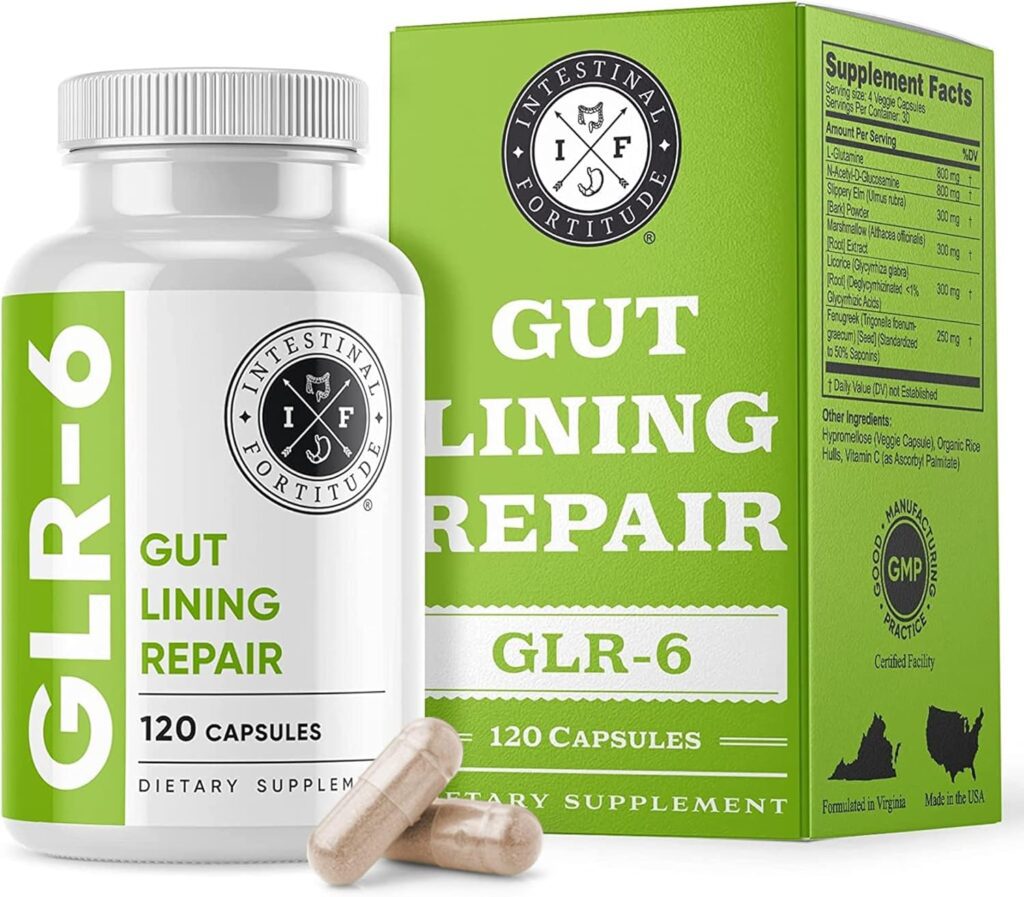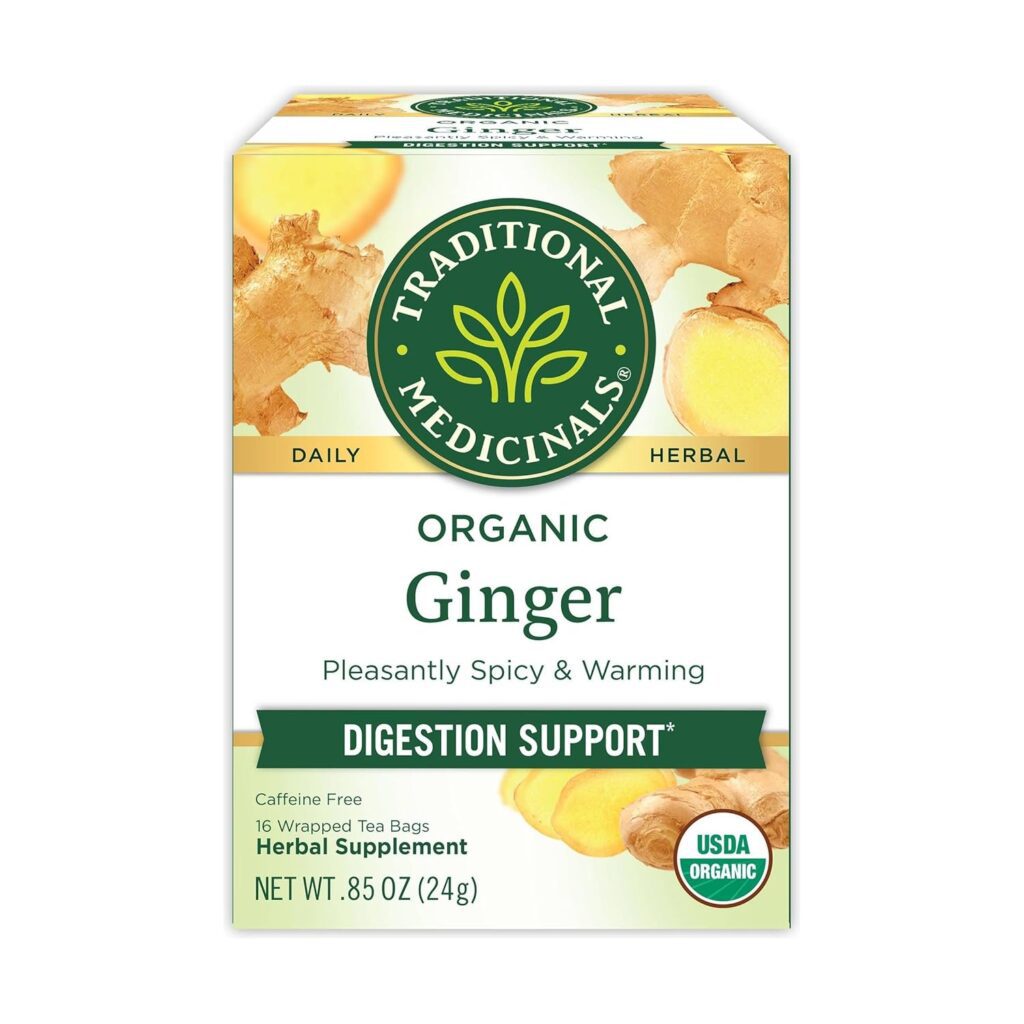If you’ve ever felt a burning pain in your upper abdomen, nausea after meals, or a nagging sense of fullness even after eating just a little, you may be familiar with gastritis. Gastritis is the inflammation of the stomach lining, and it can affect anyone at any age. Though common, it can be incredibly uncomfortable and disruptive. Fortunately, there are natural steps you can take to ease your discomfort and support a healthier gut.
This article will explore five natural ways to reduce gastritis inflammation, starting with one of the most foundational strategies: strengthening the gut lining.
1. Strengthen Your Gut Lining with a Gut Health Supplement
When it comes to gastritis, one of the core issues is the breakdown of the stomach’s mucosal lining. This protective layer helps guard your stomach against acid and digestive enzymes. When it’s weakened or irritated, inflammation can set in, leading to discomfort.
To support this critical barrier, consider adding a gut health supplement like GLR-6 by Intestinal Fortitude. GLR-6 is a targeted formula designed to help reinforce the gut lining using naturally supportive ingredients. This supplement includes a blend of L-Glutamine, Slippery Elm, DGL Licorice Root, Marshmallow Root, and Fenugreek—all well-known for their gut-soothing properties.
These ingredients work together to coat and nourish the stomach lining. L-Glutamine, in particular, is an amino acid that plays a key role in supporting the cells of the gastrointestinal tract. GLR-6 offers a gentle, natural way to support your body from the inside out. When used consistently, it can be a powerful ally in your overall gastritis care routine.
2. Embrace a Gastritis-Friendly Diet
Once you begin supporting your gut lining, your next step is to evaluate what you’re putting into your stomach daily. Diet plays a major role in managing and reducing the symptoms of gastritis.
Foods that tend to irritate the stomach lining include spicy dishes, acidic items (like citrus and tomatoes), fried foods, and anything overly processed. Alcohol and caffeine can also be culprits.
Instead, opt for whole foods that are known to be gentle on the stomach. Think of easily digestible meals like cooked vegetables, steamed rice, oatmeal, bananas, and lean proteins. You might also benefit from incorporating bone broth, which is rich in nutrients and can help soothe an irritated gut.
Importantly, avoid overeating, and eat smaller meals throughout the day. Giving your stomach a lighter workload can go a long way toward calming inflammation and discomfort.


3. Manage Stress Effectively
It might sound surprising, but your emotional well-being can significantly impact your digestive system. There’s a well-documented link between stress and gastrointestinal issues, and gastritis is no exception.
Chronic stress can increase stomach acid production and hinder the body’s ability to repair and maintain the stomach lining. Over time, this creates the perfect storm for ongoing inflammation.
Incorporating stress-reduction techniques into your daily life is not just good for your mind—it’s also crucial for your gut. Some effective methods include:
- Deep breathing exercises
- Daily walks in nature
- Journaling
- Listening to calming music
- Practicing mindfulness or meditation
Even just 10 minutes a day dedicated to relaxation can help calm your nervous system and improve your overall digestive health.
4. Limit NSAIDs and Other Gut-Irritating Medications
Nonsteroidal anti-inflammatory drugs (NSAIDs) like ibuprofen and aspirin are commonly used to relieve pain. However, frequent use of these medications is one of the leading causes of gastritis. They can thin the stomach lining and make it more vulnerable to damage.
If you’re taking NSAIDs regularly and dealing with stomach irritation, it’s worth speaking with your healthcare provider about alternatives. Acetaminophen is often considered less harsh on the stomach, though it still should be used mindfully.
Always take medications with food, and never exceed recommended dosages. Supporting your gut while minimizing irritants can help reduce ongoing inflammation and allow your stomach the space it needs to heal.
5. Stay Hydrated and Add Herbal Teas
Finally, hydration is a simple yet powerful way to support your digestive system. Drinking plenty of water helps flush toxins, aids digestion, and keeps your stomach lining hydrated and resilient.
In addition to water, you might want to try herbal teas that are known for their calming effects on the stomach. Chamomile tea, ginger tea, and licorice root tea (especially in its deglycyrrhizinated form) are popular options that many people find soothing.
Sip these teas slowly between meals to avoid diluting stomach acid during digestion. Incorporating them into your daily routine can be a comforting ritual that supports both gut and mental wellness.
Final Thoughts
Dealing with gastritis inflammation isn’t easy, but you don’t have to suffer in silence. By embracing natural solutions like a targeted gut health supplement such as GLR-6, adopting a supportive diet, managing stress, avoiding gut-irritating medications, and staying hydrated, you can give your body the support it needs.
Remember, healing is a process. These steps may take time to show results, but with consistency and care, your gut can begin to feel more balanced and comfortable.
Always consult your healthcare provider before making changes to your health routine. But if you’re ready to take a more natural path toward digestive comfort, these five strategies offer a strong foundation.
Start with small changes, and let your gut guide the way to better days ahead.
Affiliate Disclosure
Some of the links on this site are affiliate links. This means that if you click on the link and purchase the item, we may receive an affiliate commission at no extra cost to you. I only recommend products or services that I believe will add value to my readers, however, some (not all) do pay us to be on this blog. Your support and theirs help keep this blog running, and I genuinely appreciate it.
Medical Disclaimer
The information provided on this website is for educational purposes only and is not intended as medical advice. This blog or the writer is not a licensed healthcare professional, and the content should not be used as a substitute for professional medical diagnosis, treatment, or advice. Always consult with your physician or other qualified healthcare provider before starting any new treatment or making any changes to your healthcare routine.

